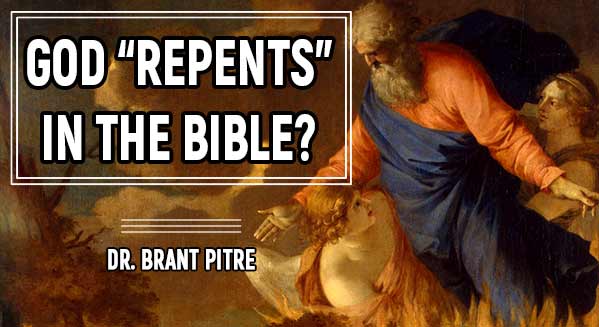I recently completed the Signs and Sacraments course as well as the Catholic Epistles course. The content in both was excellent.
However, the download and listening process was overly complex and somewhat frustrating. Failed download attempts are still recorded as downloads, which meant I was only able to download each course once instead of having repeated access.
Additionally, the naming and organization of the audio tracks could be improved. It would be helpful to divide the audio files according to the actual lectures as they were delivered, rather than having lectures begin or end in the middle of a track. Naming the tracks according to the specific lecture titles would also make navigation much easier.
Overall, I would give these courses a mid-range review due to these technical and organizational issues.
I enjoy the unpacking of the readings that describe their meanings not only on a spiritual level, but also on a historical level, explaining how a reading may have been interpreted by a 1st century readers, and subtle nuances that a 1st century reader would catch, that I would miss.
The Mass Explained + The Mass Readings Explained <Main Product>
What Must I Do To Be Saved? The New Perspective on Paul and the Catholic Doctrine of Justification






